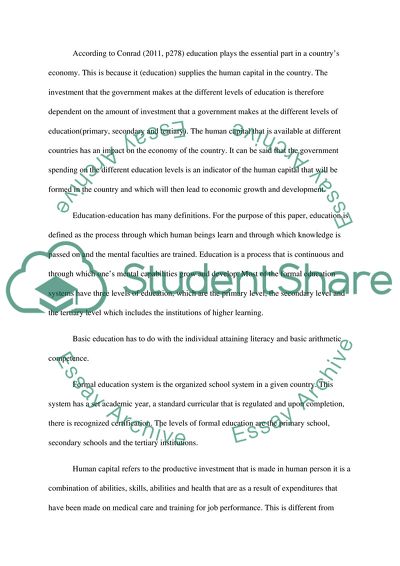Cite this document
(“The Effect of Education on Economics Growth Literature review - 1”, n.d.)
Retrieved de https://studentshare.org/macro-microeconomics/1584487-the-effect-of-education-on-economics-growth
Retrieved de https://studentshare.org/macro-microeconomics/1584487-the-effect-of-education-on-economics-growth
(The Effect of Education on Economics Growth Literature Review - 1)
https://studentshare.org/macro-microeconomics/1584487-the-effect-of-education-on-economics-growth.
https://studentshare.org/macro-microeconomics/1584487-the-effect-of-education-on-economics-growth.
“The Effect of Education on Economics Growth Literature Review - 1”, n.d. https://studentshare.org/macro-microeconomics/1584487-the-effect-of-education-on-economics-growth.


